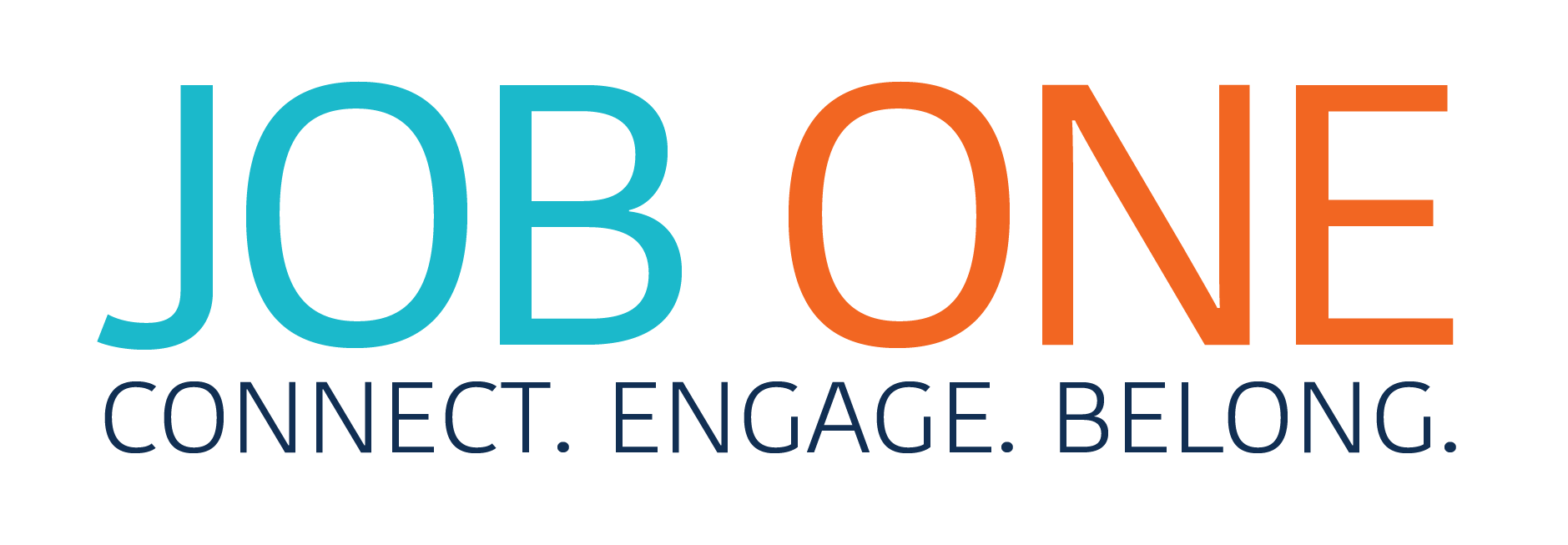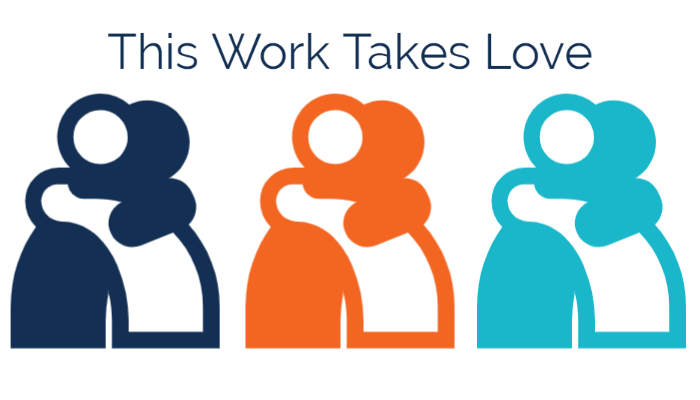This Work Takes Love
Today in our country, many Americans are feeling upset, angry, paralyzed, shocked, sad, or outraged by the continued murdering and mistreatment of our African American community. This oppression, disrespect and injustice is nothing new. For hundreds of years, black Americans have fought and given their lives for basic equality without being heard. It is our duty as fellow Americans and as human beings to understand their pain and do better. We must stand up for our neighbors, our friends, our fellow Americans, but how?
We need to learn how to listen.
Now it is time to let oppressed communities explain their injustice. Let their voices be heard.
Recognize Privilege.
Privilege can be hard to recognize when you have lived your whole life with it. It is important to remember that not everyone lives in the same reality as you. When looking at your own privilege, it can be helpful to think about your everyday concerns. For example, have you ever been concerned about your safety or losing your life when going to exercise in your neighborhood? Has anyone ever assumed you might be stealing from the store you visited? African Americans unfortunately must consider their safety far more frequently in a day than those who are white or present white.
Here are a few privilege reflection questions to consider:
- When was the last time you had to think about your ethnicity, race, gender identity, ability level, religion, and/or sexual orientation? What provoked you to think about it or acknowledge it?
- When watching TV or a movie, how likely are you to watch shows whose characters reflect your ethnicity, race, gender, ability level, religion, gender identity, and/or sexual orientation?
- When using social media, how diverse is your feed? How diverse are your friends and followers? How diverse are those that you follow?
- How do you respond when others make negative statements towards individuals of a different ethnicity, race, gender, ability level, religion, sexual orientation, and/or gender identity than yourself?
- How often do you go to social settings where the majority of individuals are of a different ethnicity, race, gender, ability level, religion, sexual orientation, and/or gender identity than yourself?
- How diverse is the community in which you live?
- How do you feel when you are in a community that is different than your neighborhood?
- How would you make your neighborhood more inclusive and sensitive?
See the human being.
When you understand the human, it is easy to understand their pain and mistreatment. The first step in understanding is to open yourself up. Be vulnerable. This can be difficult for us because we spend so much time defending ourselves. Set your pride aside to connect on a deeper level. You will always find far more commonalities than differences.
Educate yourself.
Choose books, articles, or documentaries created by African Americans or told with their voices. Choose books, articles, or documentaries created by, or in the voice of someone who is different than you (ability level, race, ethnicity, gender, religion, sexual orientation, and/or gender identity). After doing your research, feel free to ask questions and enrich your understanding. The more you understand, the better you can fight injustice.
Realize living in a society with other humans takes work.
This work takes love and humanity. Silence only adds to the oppression. Do something.
With understanding comes change.
Try and see and connect with other humans as you hope others will see and connect with you. Remember, life does not look the same for every American. All humans have the right to pursue a happy life.
“Then join hand in hand, brave Americans all! By uniting we stand, by dividing we fall!”.
–John Dickinson
Activity!
- Re-visit our workplace diversity post.
- Lovingly draw & color or create a collage that positively shows diversity.
- How easy or hard was it to find the colors or images you needed for your project?
Additional Reading!
- The Root. 12 Ways to Be a White Ally to Black People.
- EARN. People-First Language.
- NASP. Understanding Race and Privilege.
- Teaching Tolerance. Understanding Disabilities.
- Sojourners. For Our White Friends Desiring to Be Allies.
- Teaching Tolerance. Understanding Disabilities.

